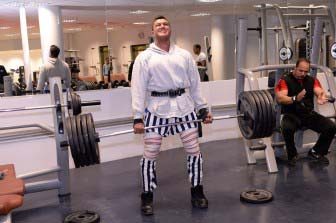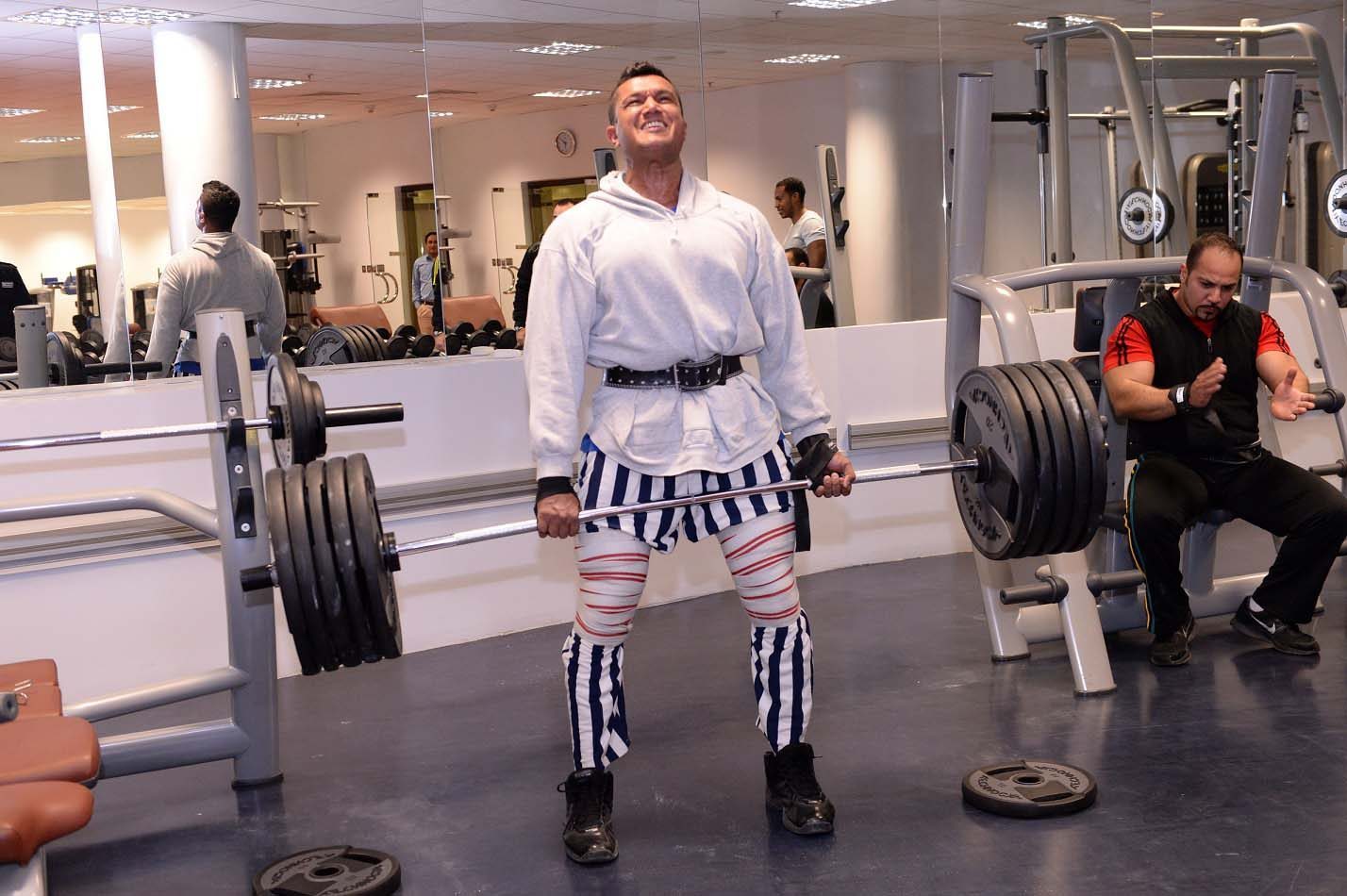
Qatar’s government is considering making it a criminal offense to import or use performance-enhancing drugs that are banned by international sports organizations, according to a senior official at the nation’s Anti-Doping Commission (QNADC).
The organization has drafted a law that would ban doping substances such as growth hormones and anabolic steroids that are used by some athletes to enhance their performance.
Under the provisions of the proposed new law, which is due to be submitted to the Cabinet of Ministers, penalties such as fines would likely be imposed on those caught using such substances or bringing them into the country.
QNADC’s Vice Chairman Dr. Nasser al-Ansari said in a statement that athletes, coaches and technical staff caught using or importing the substances would also “be banned from all aspects of sports, so that, for example, technical staff banned from one sport cannot work in another sport.”
Latest seizures
The latest plans come after QNADC announced that customs officials at Hamad International Airport seized four separate consignments of drugs banned for use in sports by the World Anti-Doping Agency (WADA) during the month of March.
The substances included testosterone and anabolic steroids.
“This shipment in particular is likely to be used by amateur bodybuilders who often organize small tournaments amongst themselves,” al-Ansari said.

Last month’s haul represents a big jump from the usual eight or nine consignments seized each year by customs officials and handed to the commission, al-Ansari added.
It is not against the law in Qatar to import such substances into the country. While the substances are confiscated by authorities, there are currently no criminal sanctions that can be imposed on those caught doing so.
However, Qatar is a signatory to WADA’s world anti-doping code, which unifies anti-doping policies, rules and regulations within sport organizations and among public authorities around the world.
As part of the code, WADA produces each year a list of substances that are prohibited for use in sports internationally, which includes anabolic steroids, growth hormones, diuretics and masking agents in addition to other agents.
Athletes caught breaking the code by using these substances are usually penalized by their individual sport’s governing body, which often impose bans from competing nationally or internationally for a given period of time.
Tighter regulations
A QNADC spokesman told Doha News that the new penalties proposed in the draft law are part of renewed efforts to combat the use of prohibited substances in sporting competitions and recreationally.
The anti-doping commission was set up in March 2007 by the Qatar Olympic Committee as an independent anti-doping agency for the state.

Its functions include assessing the validity of an athlete’s use of prescription medication, through a panel of doctors and experts who sit on its therapeutic use exemption committee.
They decide if the athlete should be using the medication they are on, and if the dose in their prescription is appropriate.
The commission also has a disciplinary panel that investigates athletes caught using the banned substances and imposes penalties on them, as well as an appeals panel.
In addition to enforcement, the commission is responsible for outreach and making young people aware of the potentially dangerous effects of using such banned substances.
Al-Ansari said:
“The problem is that a lot of these athletes just don’t grasp how bad these substances are for them, and the damage they do to their bodies by using them.
They’re still young so their bodies can take a lot of abuse, but at some point they will suffer gravely for doping and unfortunately at that point it is often far too late.”
Drugs’ effects
According to the US Anti-Doping Agency (USADA), performance-enhancing drugs “can be extremely dangerous and, in certain situations, deadly.”
Some of the side-effects of taking anabolic steroids (including testosterone) cited by the USADA include acne, baldness, stunted growth and disruption of puberty in children and increased aggressiveness and sexual appetite (known as “roid rage”).
The use of peptide hormones and growth factors can lead to numerous physiological conditions, including hypertension, blood cancers and leukemia, anemia, strokes and heart attacks.
Thoughts?







